
Russia; wild bear in disguise of friend!
The editorial of Ghanoon daily goes over historical precedents of cases of Russia betraying Iran and Iranians, saying that trusting this country has been a historical mistake.
According to the editorial, even though Iran considers itself as distance from the U.S. and the West, it has somehow been trapped by Russia – this colorful bear that cares only for its own interests. When Russia sees its own interests, it turns into an enemy in disguise of a friend. Russia has betrayed Iran and Iranians more than any other countries.
The editorial then enumerates cases in which Iran was betrayed by Russia: forcing Iran to sign infamous Turkmenchay and Golestan Treaties; attacking Iran during the World War II and occupying northern Iran despite its being neutral; suppressing Iranian constitutionalists during the Constitutional Revolution that could have moved Iran towards freedom and civilization; backing Saddam Hossein during Iran-Iraq war; hesitating in building Bushehr nuclear power plant; etc.
The editorial then adds: now that sanctions against Iran are about to begin, Russia is standing by the U.S. and Saudi Arabia to increase oil production which means getting along with sanctions. This measure can by no means be described as being in line with strategic cooperation between Tehran and Moscow.
The editorial concludes: Alexander Novak, Russian Energy Minister, recently said his country, if needed, will increase its oil production. This means that Iran made a mistake in the contemporary time by putting all its eggs in the basket of Russia.
An editorial in Ghanoon daily on September 18, 2018
Russia; strategically or deceitful friend?
The editorial of Setarh Sobh newspaper ponders on why Iran cannot trust countries like Russia as its allies.
According to the editorial, the U.S. pulling out of the nuclear deal and resuming the sanctions against Iran have created a difficult situation, and Iranian statesmen think that the only way out of this crisis is through the cooperation of their allies –i.e. China and Russia. It seems, however, that countries China and Russia — that previously approved of six resolutions of UN Security Council against Iran — have left it high and dry once again and are standing by the U.S. sanctions against Iran’s oil.
The editorial continues: unprecedented trip of Chinese officials to the Gulf countries in recent months, as well as Russia’s cooperation with Saudi Arabia and the U.S. to compensate for the decrease in Iran’s oil export are some examples of these countries breaching Iran’s trust. During past years, these two countries have used Iran to their own intentions and purposes, and they have left Iran alone in the dire situation. And today instead of standing by Iran as an ally, they are trying to use the U.S. pressures against Iran to their own advantages.
The editorial adds: this is not only true about oil sanction, but also about the Syrian crisis. Russian officials’ remarks as to exit of foreign forces — including Iran’s — from Syria are one of the green lights of this country to the White House. Under these conditions, the question is if it is still allowed to rely on Russia’s fragile commitments? How can Iranian statesmen still trust Russia?
The editorial concludes: what Iranian officials have not learned is preserving and providing Iran’s national interests. They must know that there are countries around Iran that are ready to take any measures against Iran to provide their own national interests. And these countries have proved again and again that when it comes to their national interests, they will renege on their written and unwritten commitments with Iran.
An editorial in Setareh Sobh on September 17, 2018
Roots of corruption in the economy
The editorial of Tejarat online focuses on the roots of corruption, particularly in Hassan Rouhani’s government.
Corruption – be it governmental, political or bureaucratic – will have undesirable outcomes for the economy. That is why this issue is seriously confronted in developed countries and even if the countries’ authorities are corrupted, they will be put on trial. The experience of the countries inflicted with this ‘chronic disease’ shows that the large body of the government, the existence of governmental and pseudo-governmental companies, and dominance of governmental economy have been the main causes.
The editorial then continues: taking a look at the records of past governments in Iran shows that Iran has been inflicted by corruption for years. But the level of corruption has fluctuated in a different government. In 9th and 10th governments [during Ahmadinejad], it was bureaucratic corruption that increasingly grew in Iran, but during past 5 years, it has changed into political corruption in Rouhani’s government.
The editorial adds: currently, the society is involved in and witnessing two types of corruption: bureaucratic and political. Since the beginning of turbulence in the currency market and problems in registering orders for certain products in Iran, political corruption took place through a penetration in the government in higher levels of decision-making for rent-seeking; that became possible through the collusion of individuals with certain powerful groups to gain huge profit.
In the end, the editorialist holds that if Iranian government had prepared the ground for the further presence of the private sector, the economy would be healthier, and the created added value would result in growth and development of the country.
An editorial in Tejarat online on September 16, 2018
Europeans back JCPOA only in words
The editorial of Asr-e Iranian newspaper deals with how Europeans haven’t fulfilled their promises with regard to the nuclear deal (JCPOA) with Iran, after the U.S. pulling out of this international accord.
According to the editorial, after the U.S. ‘illegally and subversively’ pulled out of the nuclear deal with Iran, the European Union claimed that it will continue to support the nuclear deal with Iran. Meanwhile, Iranian officials accepted to remain committed to their obligations within the deal, only if Iran’s interests are provided in the JCPOA without the U.S. presence.
The editorial asserts: however, despite the fact that Europeans make promises as to being committed to and backing the nuclear deal with Iran, in practice, we are witnessing that big European countries — that signed cooperation agreements with Iran after the implementation of JCPOA — have left Iran. And even though there are two months left to the implementation of the U.S. oil sanctions against Iran, European countries have cut their purchase of Iranian oil by 40%.
The editorial concludes: European countries have only backed the nuclear deal in a word so that they force Iran to stay committed to its obligations and not develop its nuclear industry. And at the same time, pressures and sanctions against Iranian people and government continue so that Washington’s policies against Tehran are implemented.
An editorial in Asr-e Iranian on September 16, 2018
Illusion of power!
The editorial of Jahan Sanat focuses on Rouhani’ misconceptions about power and his own position as president.
The editorial asserts: nowadays the performance and destiny of Rouhani’s government are one of the most important questions in Iranian society. Rouhani has disappointed many of his supporters and now has to face with those who regret voting for him. Those who still support Rouhani point out to political structure in Iran, saying that the president’s powers are not compatible with his duties. There is some truth in this, but to what extent can we agree with it?
The editorial continues: Hassan Rouhani isn’t inexperienced in Iran’s political arena. He was an influential figure from the beginning of Iranian revolution. He was in the parliament for several terms, has the experience of membership in Expediency Council and Assembly of Experts and perhaps, more importantly, he was Secretary of Supreme National Security Council. All these have made him familiar with the ups and downs of power in the Islamic Republic. Therefore, he should have known about challenges ahead of his programs when he made big promises during his presidential campaign.
In the end, the editorialist suggests that this issue points to a bigger problem in Iranian politics. For political groups and individuals, coming to power means everything. They think that when they come to power, they can create whatever changes they want to. This is where Rouhani’s confidence was coming from when he was making big promises to people before the election.
An editorial in Jahan Sanat on September 13, 2018

Iranian Ambassador to the Netherlands: Can Europe trust Trump?
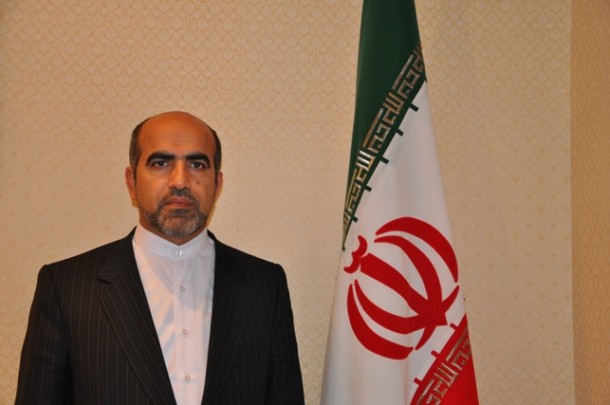
Alireza Jahangiri, Iranian Ambassador to the Netherlands, gave a speech among a group of Dutch elites including politicians, businessmen, former diplomats, and journalists. In his speech, he asked: ‘can Europe trust Trump now that he has pulled out of the nuclear deal and ignored 12 years of negotiation and the role of EU in this accord?’
Jahangiri said that implementing all the provisions of the nuclear deal by Iran shows that this country is responsible and reliable in the international domain, and it is committed to accords that are signed. With pulling out of the nuclear deal, Iranian Ambassador added, Trump proved to all that he violates the international laws.
Aftab news
Iranian foreign minister talked to his Turkish counterpart about Idlib agreement
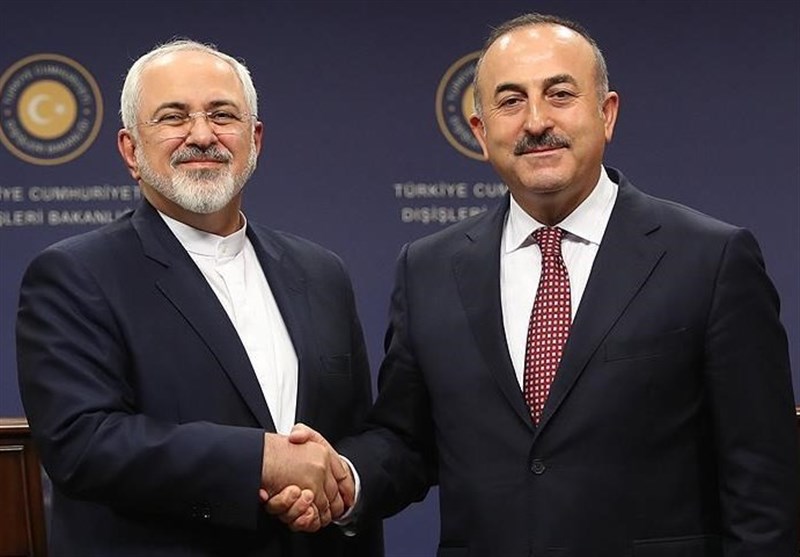
Iranian FM Mohammad Javad Zarif and Turkish FM Mevlut Cavusoglu talked on the phone about details of Idlib agreement that reached after talks in Ankara, Tehran, and Sochi. They also agreed to follow up the details of the agreement in the upcoming trilateral meeting of foreign ministers of Iran, Russia, and Turkey in New York.
Tasnim
Nasri: Trump evades confrontation with Iran in the UN Security Council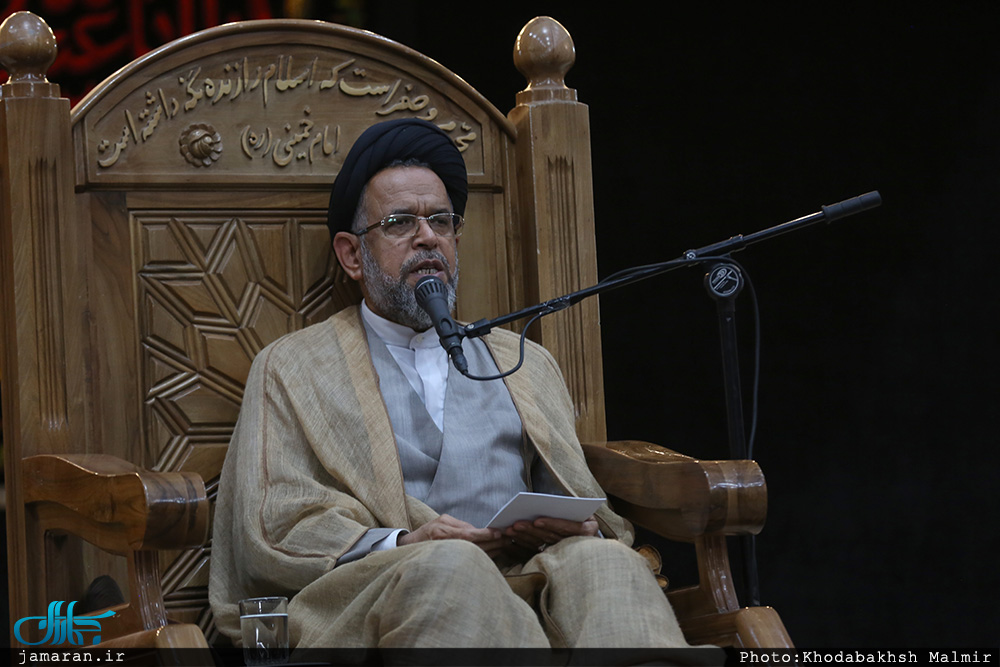
International lawyer, Reza Nasri, wrote in his Twitter: ‘The fact that Trump’s administration tries to resort to legal tricks and hide behind the regulations so that it doesn’t have to face Iran’s representative in the meeting of UN Security Council shows the JCPOA’s strategic function and success of foreign policy of Rouhani’s government. Now we must wait and see if Trump can evade this confrontation’.
Jamaran.ir
Khoshroo: Sochi agreement is the outcome of diplomacy

Permanent Representative of Iran to UN, Gholam-Ali Khoshroo said in the meeting of UN Security Council that Sochi agreement between Syria and Russia was the result of diplomatic efforts of last weeks, including the summit of the leaders of Iran, Russia, and Turkey in Tehran. Talking about the latest developments in Syria, Khoshroo added that this agreement is based on the dominant spirit in Sochi’s process, according to which all measures must be taken to avoid civilian casualties, and at the same time, fighting terrorism must go on.
Donya-e-Eqtesad
Appointing new chief for Army Ground Forces in Iran’s southwest
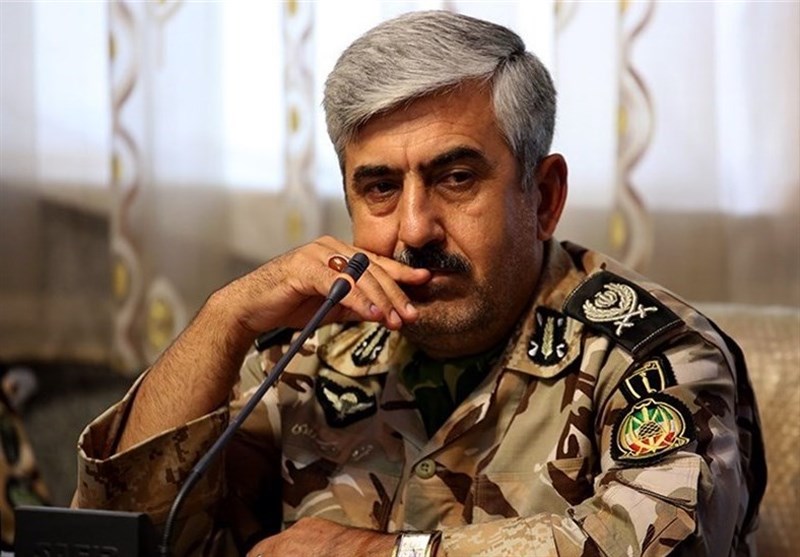
Brigadier General Hamzeh Bidari was appointed as the new chief of the base of Army Ground Forces in southwest Iran.
Tasnim
600 vessels of Army and IRGC to take part in parade in Bandar Abbas
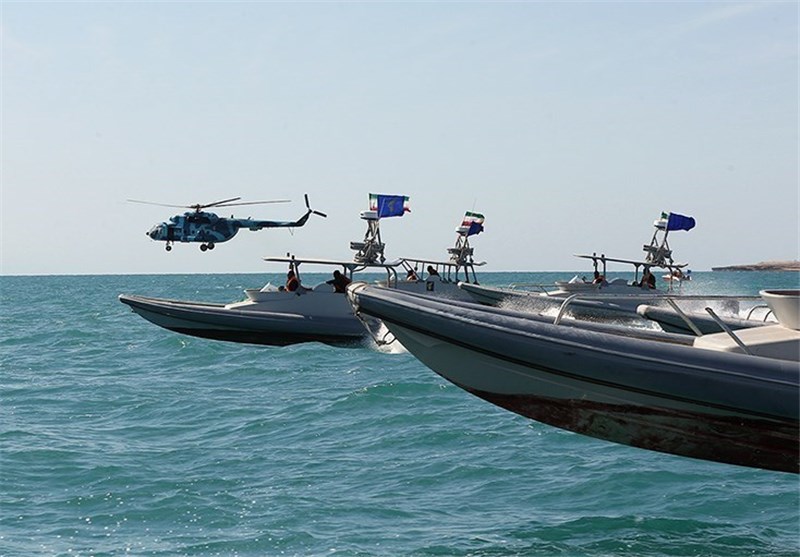
IRGC spokesperson, Brigadier General Ramazan Sharif, pointed out to the national parade of armed forces in Iran to be held on September 22 in Tehran and Bandar Abbas, adding that 600 vessels of Army Navy and IRGC Navy, as well as tens of fighter jets of Army and IRGC air forces, will participate in this parade.
Ramazan Sharif urged that ‘holding this ceremony in the Gulf and close to Hormuz Strait will show that armed forces of Islamic Republic are ready to defend the national interests of the country’.
Tasnim
350 thousand Tehrani migrate to Karaj
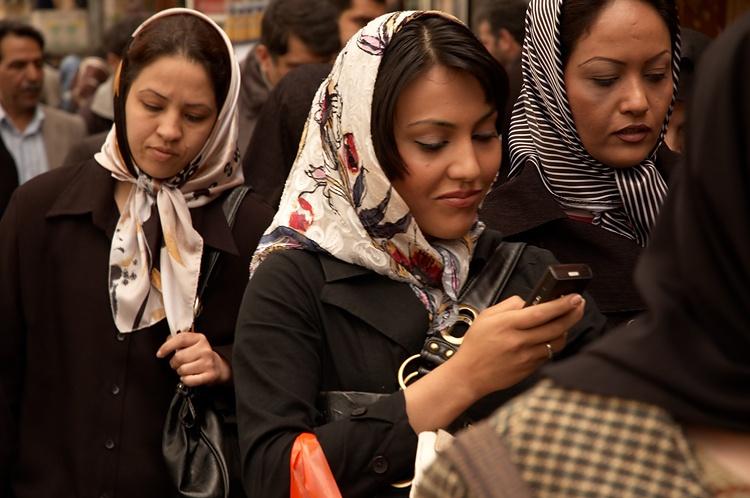
Member of Architecture and Urban Development Commission in Tehran’s City Council says that it is not surprising that the statistics show 350 thousand people have migrated from Tehran during past 5 years. Zahra Bahramnejad added that despite fascinations of Tehran with regard to employment, entertainment, and job opportunities, this city has its own problems including air pollution, traffic, and large population. She said higher prices in Tehran, in comparison to other cities, creates a tendency for some citizens to migrate from this city.
According to Bahramnejad, the city of Karaj – close to Tehran – has been traditionally the place for Tehrani migrants to go to, but today Karaj itself has become a metropolis and cannot accept Tehran’s population.
Rouydad 24
ISIS is not close to Iranian borders
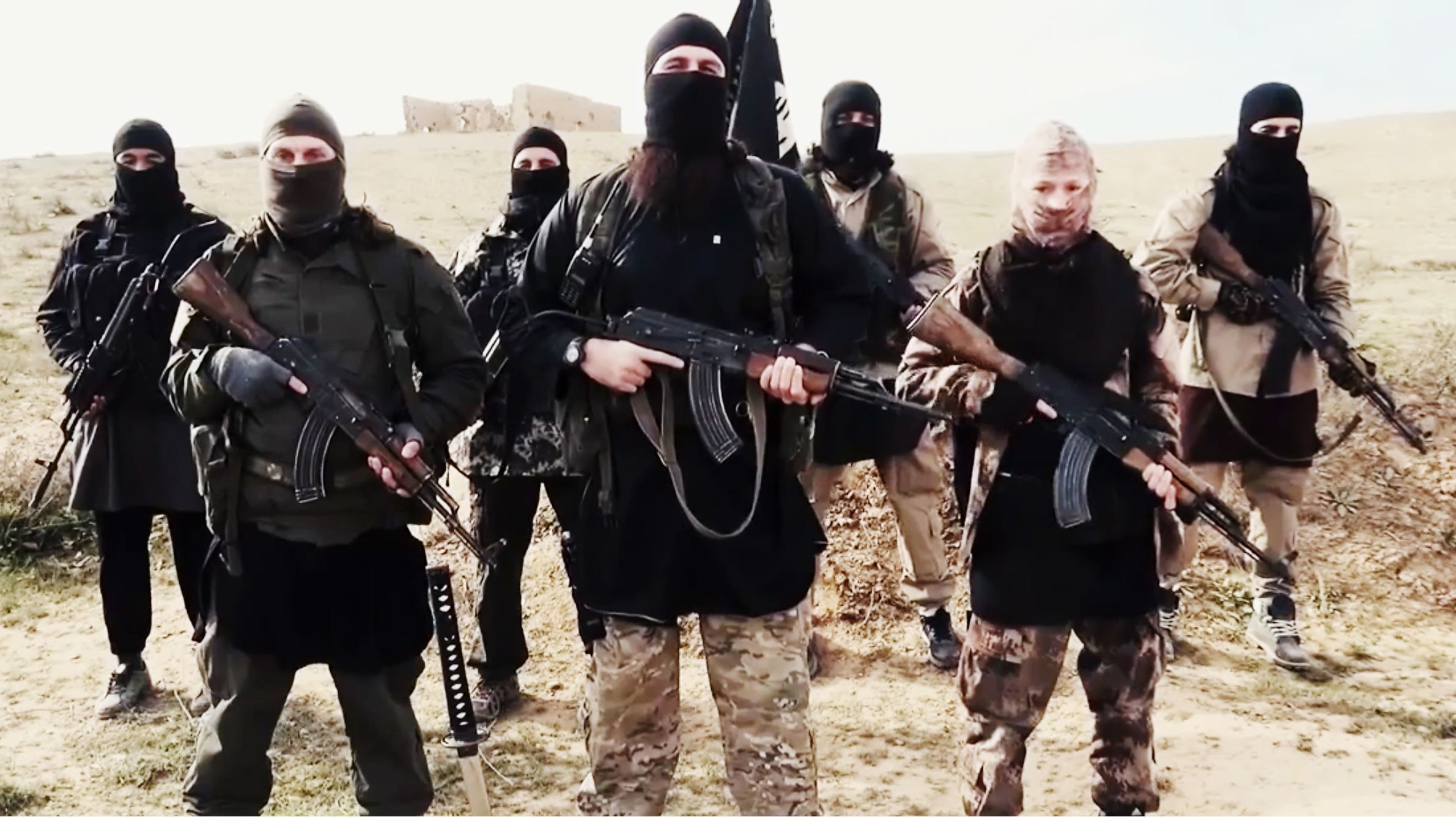
Governor of Farah Province in Afghanistan, Abdulbasir Salangi, said in an interview that ISIS members are not very much present in this province, but they are thinking of penetrating there. He added that ISIS, unlike Taliban, are not from Afghanistan, and they currently have no places among people. Salangi urged that Iran-Afghanistan borders are secure.
Iran
Al Abadi’s senior advisor meets with the Iranian ambassador in Baghdad
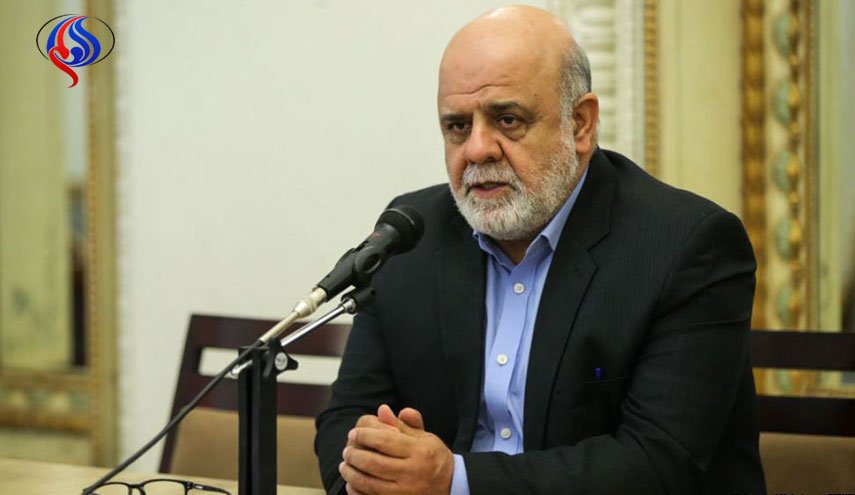
Walid al-Hilli, the senior advisor of Iraqi Prime Minister al Abadi, met with the Iranian ambassador to Iraq and discussed different issues including an attack against Iranian consulate in the city of Basra. In this meeting, al-Hilli condemned the attack, saying that a number of people have been arrested in this regard.
Iranian ambassador urged that the Islamic Republic will always stand by Iraqi people, calling for thorough judiciary investigation with regard to attack against Iranian consulate in Basra.
Econews
Janati resigns from leading Tehran’s Mass Prayer
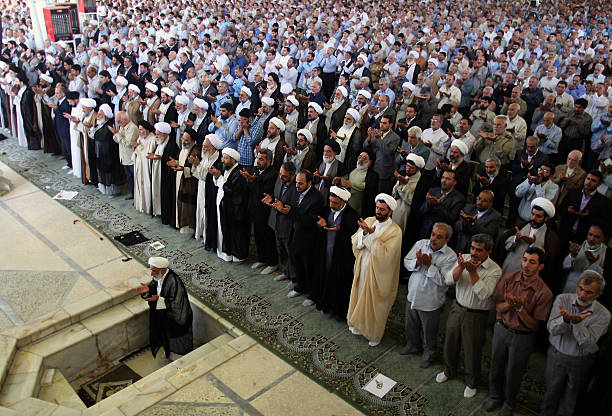
According to the office of Assembly of Experts, Ahmad Janati, chairman of the assembly, is going to resign from heading the headquarter for enjoining good and forbidding wrong, as well as from leading Tehran’s Mass Prayer. Currently Janati, in addition to chairman of Assembly of Experts, is the head of Guardian Council as well.
Rokh Jahannama
Zarif: we are waiting for practical measures of European Union
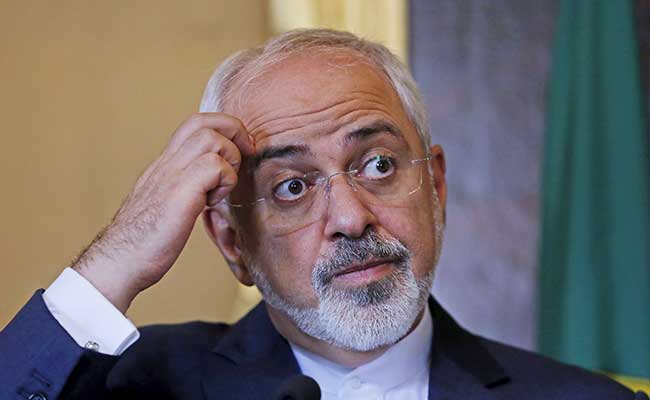
Iranian Foreign Minister Mohammad Javad Zarif said Tehran is waiting for a practical measure of European Union (EU) with regard to the nuclear deal. Zarif added that EU has announced certain obligations, and Iran is waiting for EU’s practical measures in this regard.
With regard to three remaining FATF’s bills, Zarif said he considered these bills useful for the interests of the country, transparency and ‘confronting Iran-phobia in the world’. Nevertheless, he added, it is a mistake to think that these bills would resolve all the issues.
Tasnim
Lawmaker: Iran is the only support for Iraqi people
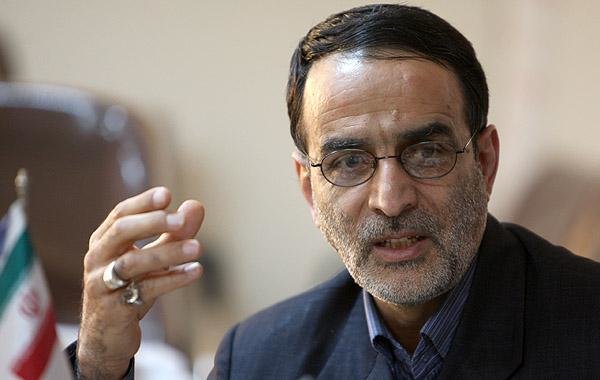
Mohammad Javad Karimi Ghodoosi, the member of Iranian parliament’s National Security Commission, holds that Iraq has a special place in strategic policies of Islamic Republic, and Iran is the only support for Iraqi people. He added that electing Iraq’s speaker of the parliament paves the path for electing the prime minister and forming the government in that country. Ghodoosi urged that based on Ayatollah Sistani’s fatwa asking those who were prime ministers before not to run for this position anymore, the ground for presenting a prime minister from great Shi’ite coalition has been prepared.
Tasnim
Zarif on hashtags for ‘regime change’ in Iran
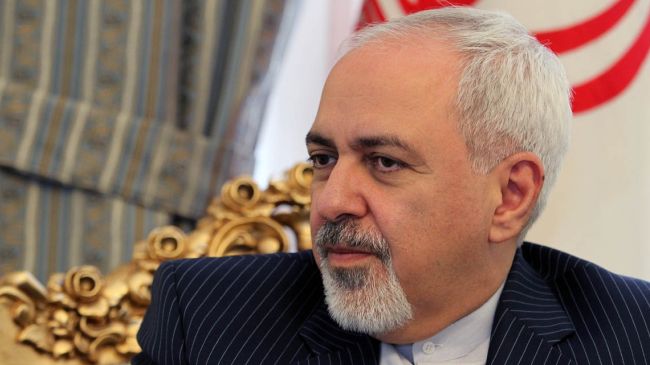
In a Tweet, Iranian FM Mohammad Javad Zarif criticized the ‘shutting down of accounts of real Iranians in Twitter’, pointing out to bots that are promoting ‘regime change’ in Iran. Zarif wrote: ‘Hello @Jack. Twitter has shuttered accounts of real Iranians, including TV presenters & students, for supposedly being part of an ‘influence op’. How about looking at actual bots in Tirana used to prop up ‘regime change’ propaganda spewed out of DC?’
ION
Abdullahian: Oman helped us in talks with the US
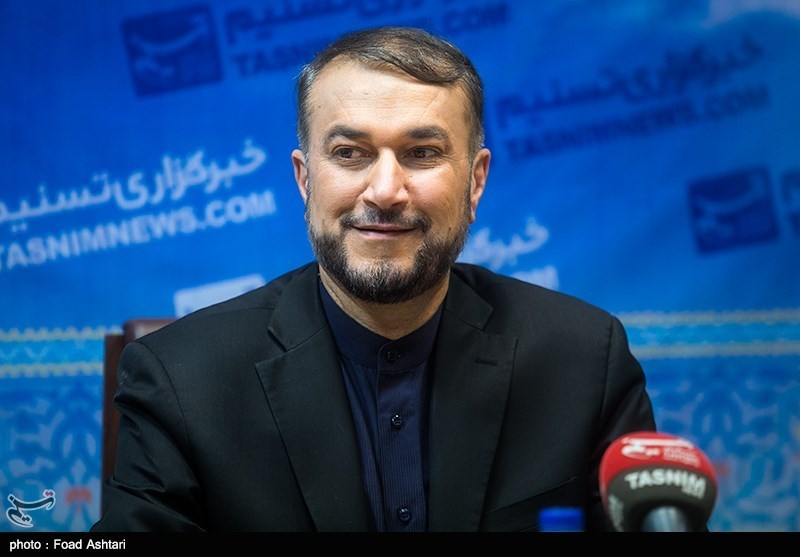
Special aide to Iranian speaker of parliament and former deputy to the foreign minister, Hossein Amir-Abdullahian made some explanations for the first time with regard to Iran-U.S. negotiations during Ahmadinejad with Oman’s mediation. He said that at that time Sultan of Oman wrote a letter, officially pointing out to his meeting with former U.S. president Obama.
According to Amir-Abdullahian, ‘Mr. Salem’, whose name is mentioned in former U.S. Secretary of State John Kerry’s book, was the key person between Sultan of Oman and Islamic Republic with regard to holding negotiation with the U.S.
Tasnim
Military official: No country threatens Iran
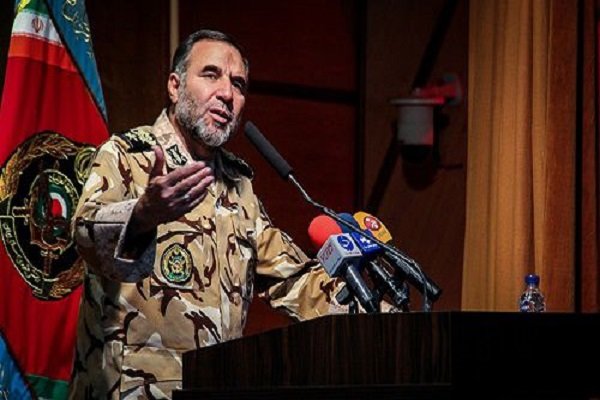
Brigadier-General Kiyumars Heidari, chief of Iranian Army’s Ground Forces, said ‘no country threatens Iran, and we are not on the threshold of any war’. Heidari added, ‘that doesn’t mean we shouldn’t be ready’, urging that that ‘we must always feel that we are in trenches’.
He said that Iran has reached a level of preventive, defensive power that those who are ‘enemies’ of Iran have resorted to non-military measures against the country.
Mehr news
Zarif: intensive, responsible diplomacy to avert war in Idlib
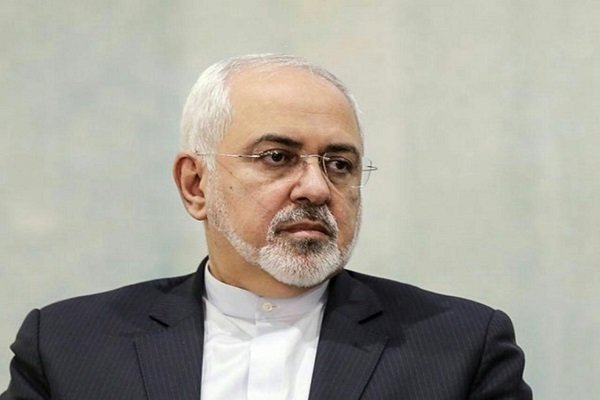
Iranian Foreign Minister Mohammad Javad Zarif wrote in a Tweet: ‘Intensive responsible diplomacy over the last few weeks – pursued in my visits to Ankara & Damascus, followed by the Iran-Russia-Turkey Summit in Tehran and the meeting in Sochi – is succeeding to avert war in Idlib with a firm commitment to fight extremist terror. Diplomacy works.’
Mehr news
The attack against Iranian embassy in Greece
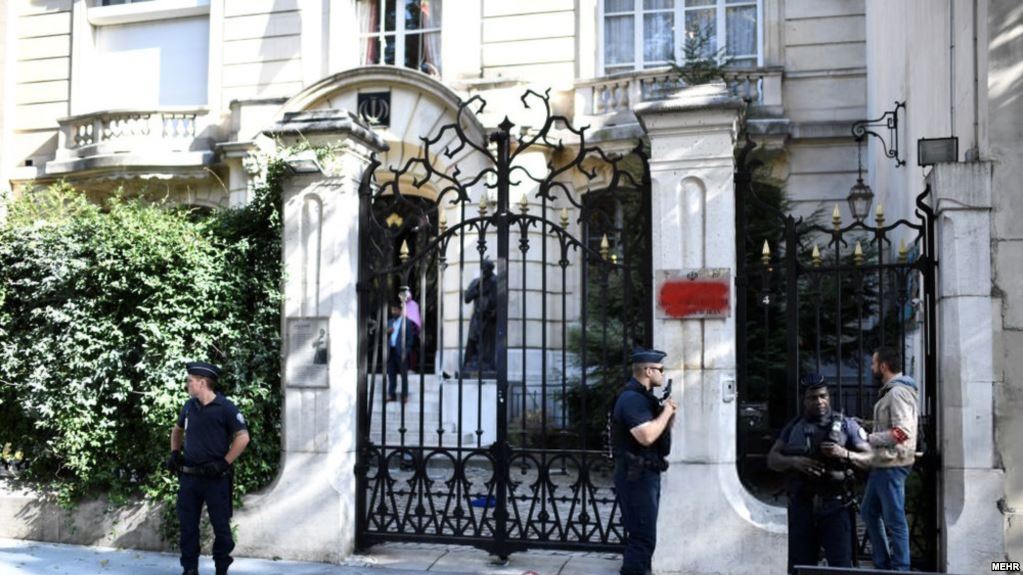
Greek media reported that members of an ‘anarchist’ group attacked the Iranian embassy in Greece. According to Greek Reporter website, members of this group did this attack with paint cans. There were about 10 attackers who fled the scene with motorcycles afterward.
Spokesperson of this group said in his Facebook page that this attack was carried out in protest against the way ‘Iran suppresses its Kurdish population’ and in solidarity with the Kurds of Iran.
The latest attack in Greece comes days after activists targeted the Iranian embassy in Paris.
Tasnim
Energy ministry’s plan for providing water next year
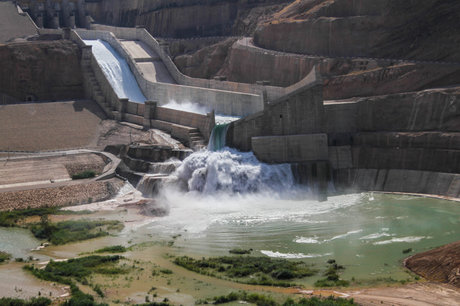
CEO of Managing Water Resources in Iran said that different plans have been prepared for providing water for the country in 2019-2020 so far. Mohammad Haji-Rasouliha pointed out to the plan for resolving the water tension, adding that this plan will be ready within ten days. According to Haji-Rasouliha, this plan includes numerous parameters and standards, which, if implemented correctly, can certainly resolve some challenges with regard to water.
ISNA
Members of Komalah Party attack the Iranian embassy in Paris
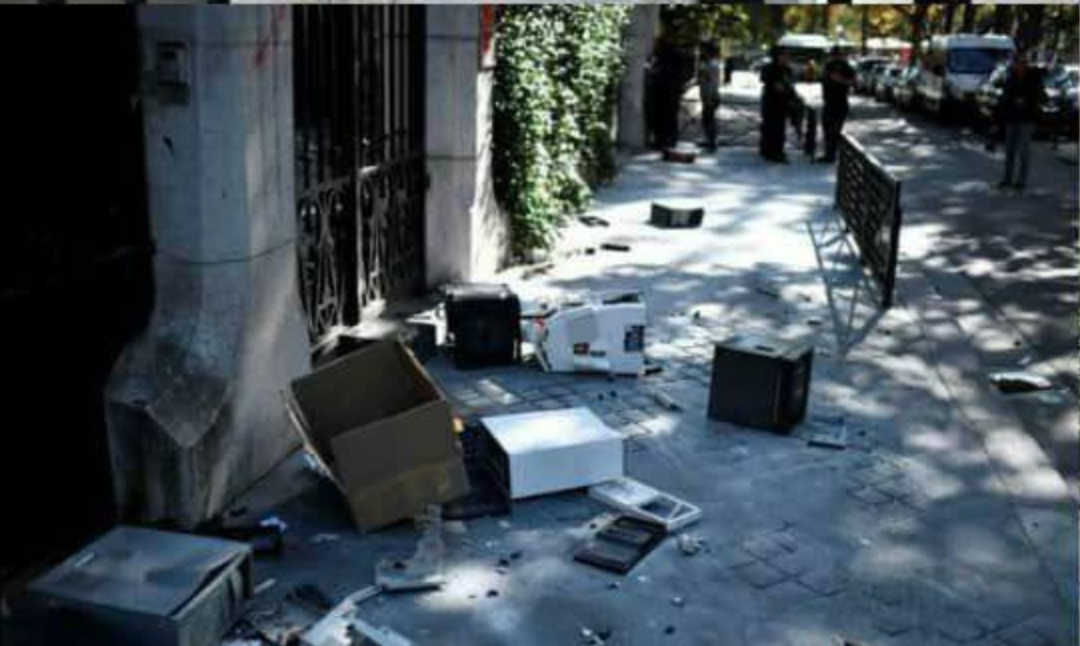
According to IRIB news agency, several members of Komalah Party of Iranian Kurdistan attacked the Iranian embassy in Paris. In this incident, 15 members of Komalah Party were present in front of the embassy building, throwing stones and different objects at the building and breaking its glasses.
This is following the recent missile attack of IRGC against the base of Democratic Party of Iranian Kurdistan and execution of 3 Kurdish activists in Iran.
Tabnak Yazd
Political analyst: future Iraqi government will be anti-American
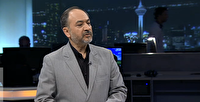
Senior analyst of west Asia affairs said current parliament and future government of Iraq will be ‘anti-American’. Reza Sadr al-Hosseini added that the process of election in Iraq is very difficult and Americans were trying to delay the election itself. According to Sadr al-Hosseini, Iraqi people said a ‘big no’ to Americans by electing their own representatives.
Sadr al-Hosseini went on to say that ‘the Americans aim at creating political instability in the region and sow discord between Shi’as, Sunnis, and Kurds in Iraq.’
IRIB news agency
3 officials arrested for ‘violation’ in the currency market and importing goods
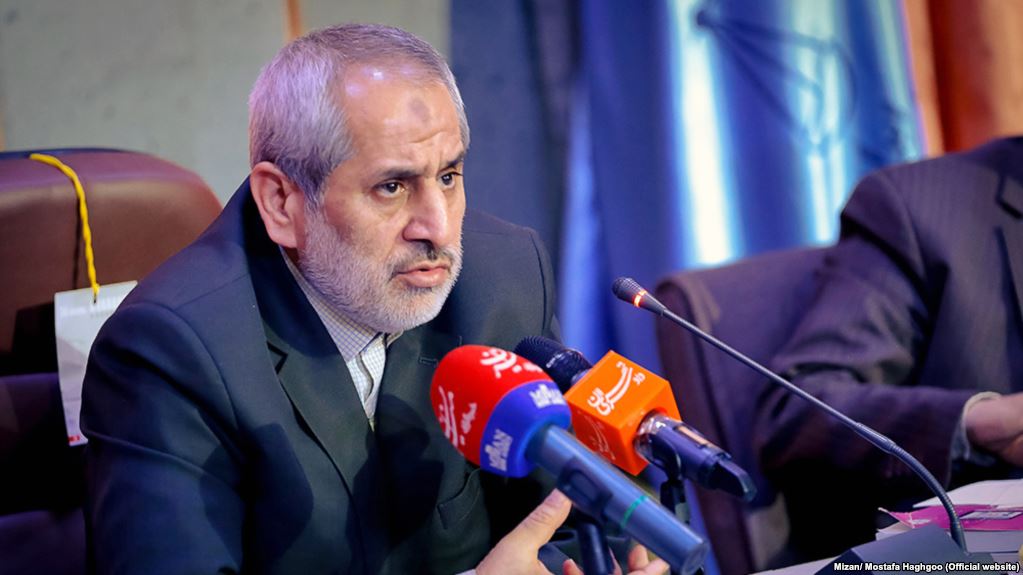
According to Tehran’s prosecutor, Abbas Jafari Dolatabadi, 3 government officials have been arrested with regard to currency market and importing goods. He also added that one of these officials was related to the ‘Central Bank’.
Also, the intelligence ministry announced that 18 people have been arrested who were ‘members of the pyramid network for taking currency out of the country’. This ministry announced that these people have taken the foreign currencies out of Iran ‘through illegal currency shops or directly’.
In recent week, following the crisis in currency and gold markets, hundreds of people have been arrested.
Radio Farda
Rouhani: People will judge when we pass the dire strait
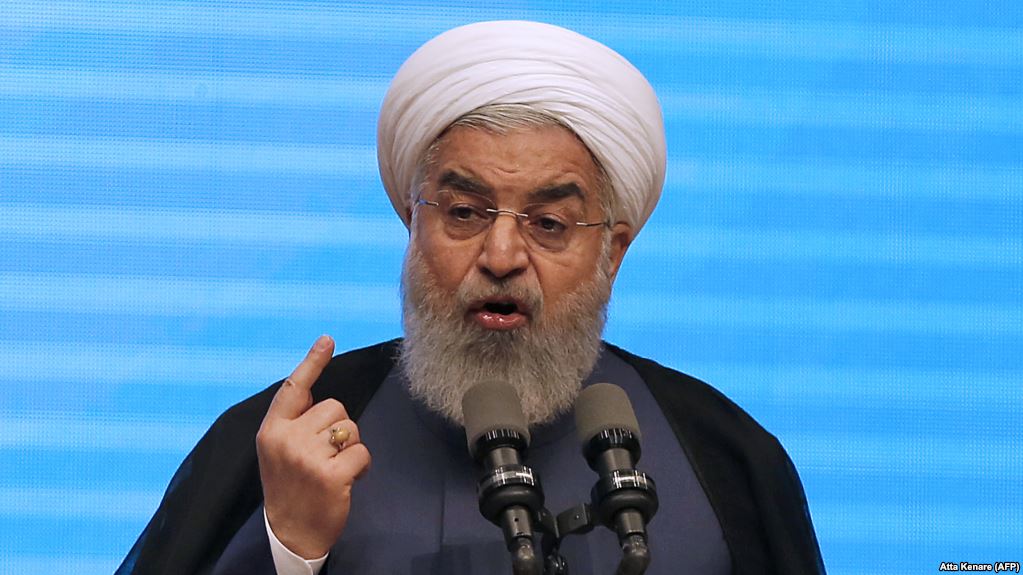
In his Instagram, Hassan Rouhani wrote: when we pass this dire strait, Iranian people will judge. Rouhani added: ‘no one should imagine that sabotaging the government can gain votes for them in next year’s election or in 2021 presidential election’. Those who think that way, Iranian president continues, will fail in this historical ordeal.
IRIB news agency
Major General Jafari: IRGC’s missile capability has a message for ‘enemies’
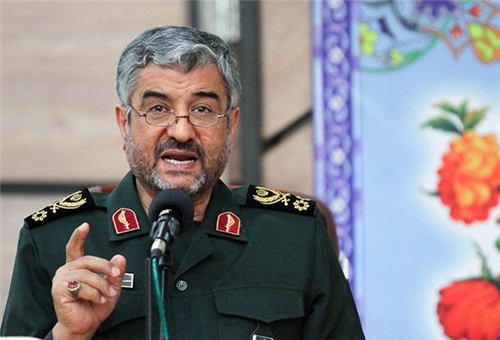
Chief of Islamic Revolutionary Guards Corps (IRGC) said ‘IRGC’s recent revenge against terrorists has a meaningful message for enemies, particularly superpowers, who think that they can impose their evil intentions and bullying on us’. Major General Jafari added that ‘those who have troops, military bases, and facilities within 2000 kilometer of Iran must know that IRGC’s missiles are very precise’.
IRGC recently fired 7 missiles on the base of Democratic Party of Iranian Kurdistan, located in Iraqi Kurdistan. 14 people were killed, and many were wounded.
IRIB news
Iran and Pakistan to develop defense cooperation
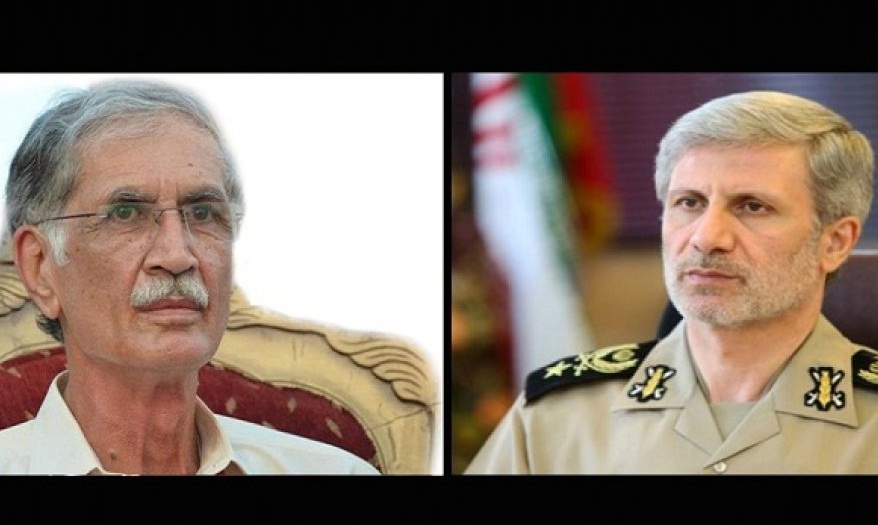
Ministers of defense of Iran and Pakistan in a phone call urged on the development of defense cooperation to create stability and security in the region. Iranian Defense Minister Amir Hatami expressed hope that with the new government taking power in Pakistan, the past deficiencies and shortcomings in bilateral relations will be fixed.
Mizan online
